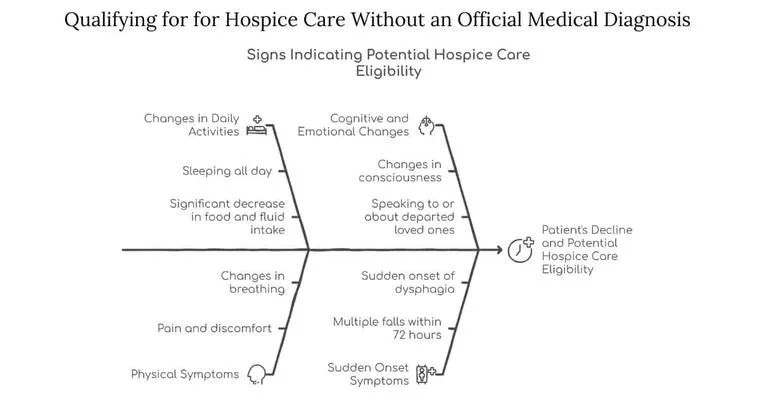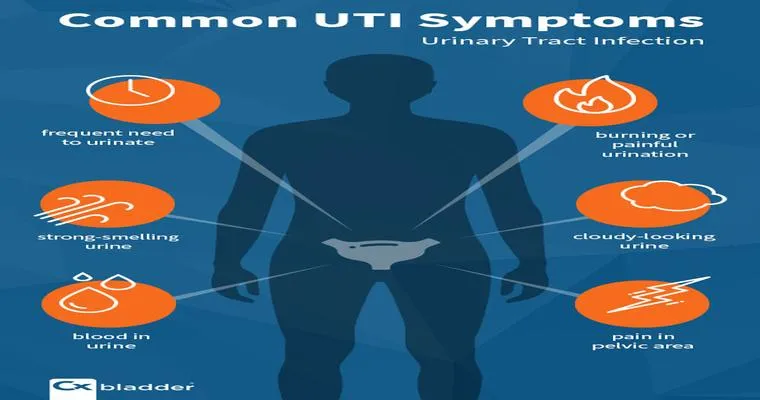As we navigate the complexities of healthcare, it's essential to consider the emotional landscape of our "aging parents" or patients. Many people harbor a deep-seated resentment towards "doctors" and medical professionals, often stemming from "past treatment" experiences. Understanding the reasons behind this animosity can improve communication and foster better relationships in healthcare settings.
Aging parents may have encountered a variety of medical experiences that left them feeling disillusioned or even traumatized. Perhaps they faced a misdiagnosis, felt rushed during appointments, or encountered a lack of empathy from the medical staff. These experiences can significantly influence their perceptions of healthcare providers. When a patient feels unheard or dismissed, it can result in a lasting fear or hatred of doctors, making future visits to healthcare facilities anxiety-inducing.
Additionally, the emotional weight of aging itself can exacerbate these feelings. As our parents grow older, they may grapple with a sense of loss, both in terms of physical health and independence. This vulnerability can lead to increased frustration with the healthcare system. If they believe that their doctors do not grasp the full scope of their challenges or fail to provide adequate care, their resentment can deepen.
It's crucial for caregivers and family members to approach these feelings with understanding and compassion. Encouraging open conversations about their past experiences can help shed light on their feelings towards the medical profession. By validating their concerns and emotions, you can create a safe space for them to express their frustrations.
Furthermore, exploring alternative healthcare options may help bridge the gap between aging parents and doctors. Seeking out "patient-centered care" or practitioners known for their empathetic approach can make a significant difference. Finding a doctor who takes the time to listen and understand their history can help rebuild trust and improve their overall healthcare experience.
In conclusion, the animosity that "aging parents" or patients feel towards "doctors" is often rooted in "past treatment" experiences. By acknowledging their feelings and facilitating open communication, we can work towards improving their relationship with healthcare. Understanding their perspective is the first step toward creating a more positive and supportive healthcare journey.





